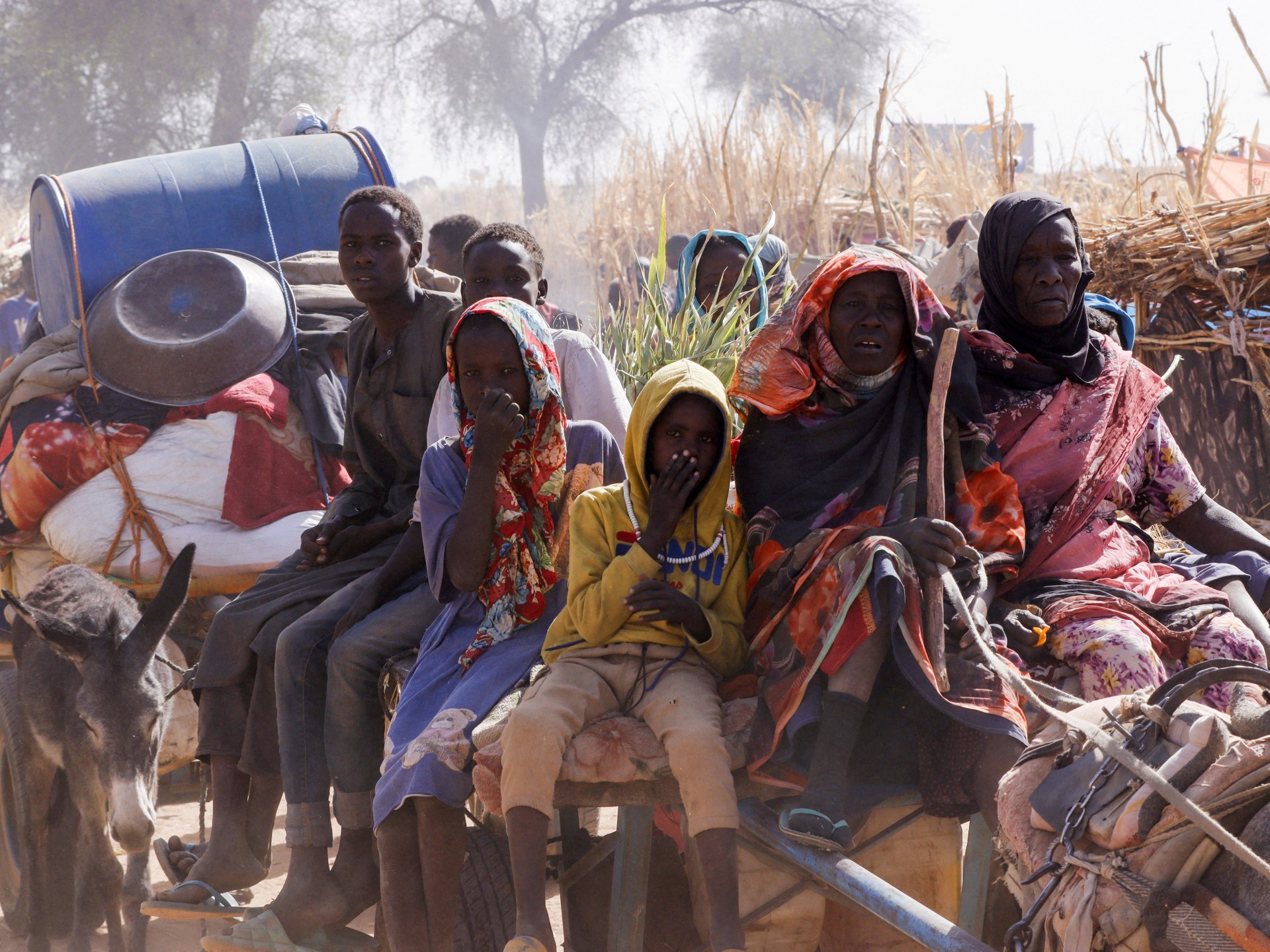The Black Sabbath singer died last month shortly after his farewell gig and wedding anniversary to wife Sharon
Ozzy Osbourne’s death has been confirmed as stated in his death certificate. The Black Sabbath lead singer died last month at the age of 76. A message from his family at that time said: “It is with a sadness that goes beyond words that we must announce the passing of our dear Ozzy Osbourne this morning. He was with his family and surrounded by love. We ask everyone to respect our family privacy at this time.”
In what would become his final gig, the ‘Paranoid’ singer took to the stage at Villa Park on July 5 for a Back to the Beginning farewell concert. While sat on a large black throne, he told fans: “It’s so good to be on this stage. You have no idea. I love you all. Let me see your hands in the air.”
He added: “You are the best, each and every one of you. God bless you all. I don’t know what to say, man. You’ve no idea how I feel – thank you from the bottom of my heart.” Osbourne was buried beside the lake at his home in Buckinghamshire last week.
Osbourne’s death certificate states that he died from ‘acute myocardial infarction’ and ‘out-of-hospital cardiac arrest’. The certificate also mentions coronary artery disease and Parkinson’s disease with autonomic dysfunction as ‘joint causes’. Ozzy’s occupation was listed as ‘songwriter, performer and rock legend’.
The certificate indicates that Osbourne passed away due to “(a) cardiac arrest outside the hospital (b) acute myocardial infarction (c) coronary artery disease along with Parkinson’s disease and autonomic dysfunction (Joint Causes).” The New York Times got hold of the document on Tuesday (August 5).
Ozzy Osbourne tells Sharon to ‘live each day to the fullest’
What is acute myocardial infarction?
Acute myocardial infarction, or heart attack, is a critical medical emergency where the heart muscle gets damaged or dies because of a sudden blockage in a coronary artery. This blockage, usually caused by a blood clot, cuts off oxygen to the heart tissue, resulting in necrosis (cell death). When blood flow is interrupted, heart muscle cells die (myocardial necrosis).
The NHS says: “A heart attack (myocardial infarction or MI) is a serious medical emergency in which the supply of blood to the heart is suddenly blocked, usually by a blood clot. A heart attack is a medical emergency. Call 999 and ask for an ambulance if you suspect a heart attack. A lack of blood to the heart may seriously damage the heart muscle and can be life threatening.”
Acute myocardial infarction is a serious issue that needs immediate medical help. Common symptoms include chest pain or discomfort that may spread to the arm, neck, jaw, or back. Other symptoms can be shortness of breath, nausea, sweating, and dizziness.
To diagnose it, doctors look at symptoms, do an electrocardiogram (ECG), and check cardiac biomarkers (like troponin). Treatment aims to restore blood flow to the heart muscle, often using reperfusion therapy (like angioplasty or fibrinolytic drugs).
What can cause a heart attack?
Coronary heart disease (CHD) is the top reason for heart attacks. It’s a condition where the main blood vessels (coronary arteries) that feed the heart muscle get blocked by a buildup of fatty deposits, called plaques. Before a heart attack happens, one of these plaques can burst (rupture), leading to a blood clot forming at the rupture site.
This clot can obstruct blood flow to the heart, which can cause a heart attack. There are some steps you can take to reduce your risk of having a heart attack (or having another heart attack):
- smokers should quit smoking
- lose weight if you’re overweight or obese
- do regular exercise – adults should do at least 150 minutes (2 hours and 30 minutes) of moderate-intensity aerobic exercise each week, unless advised otherwise by the doctor in charge of your care
- eat a low-fat, high-fibre diet, including wholegrains and at least 5 portions of fruit and vegetables a day
- moderate your alcohol consumption
What is autonomic dysfunction?
Autonomic dysfunction, or dysautonomia, is a condition where the autonomic nervous system (ANS) doesn’t function properly. This system is responsible for managing automatic bodily functions such as heart rate, blood pressure, digestion, and temperature regulation.
When the ANS is not working right, it can cause a range of symptoms. Symptoms can differ greatly based on which part of the ANS is impacted and what the root cause is. Some typical symptoms are:
- Dizziness, lightheadedness, fainting (syncope), fluctuating heart rate, chest pain, and changes in blood pressure.
- Nausea, vomiting, constipation, diarrhoea, bloating, and stomach pain.
- Difficulty with bladder control, urinary retention, or frequent urination.
- Excessive sweating, or lack of sweating, and problems maintaining body temperature.
- Fatigue, sleep disturbances, cognitive changes (difficulty concentrating, memory problems), and visual disturbances.

British Heart Foundation outlines cardiac arrest symptoms
What causes autonomic dysfunction?
When was Ozzy Osbourne diagnosed with Parkinson’s Disease?
Osbourne found out he had Parkinson’s disease in February 2019. He shared the news with everyone in January 2020, following a year of dealing with speculation about his health.
The three primary symptoms include involuntary shaking, slow movements, and muscles that are stiff and inflexible. People with Parkinson’s may also face a variety of other physical and mental symptoms, such as depression and anxiety, issues with balance, a diminished sense of smell, sleep disturbances, and memory challenges.
Parkinson’s disease results from the loss of nerve cells in a specific area of the brain known as the substantia nigra. The exact cause remains uncertain, but most specialists believe it stems from a mix of genetic and environmental influences.











